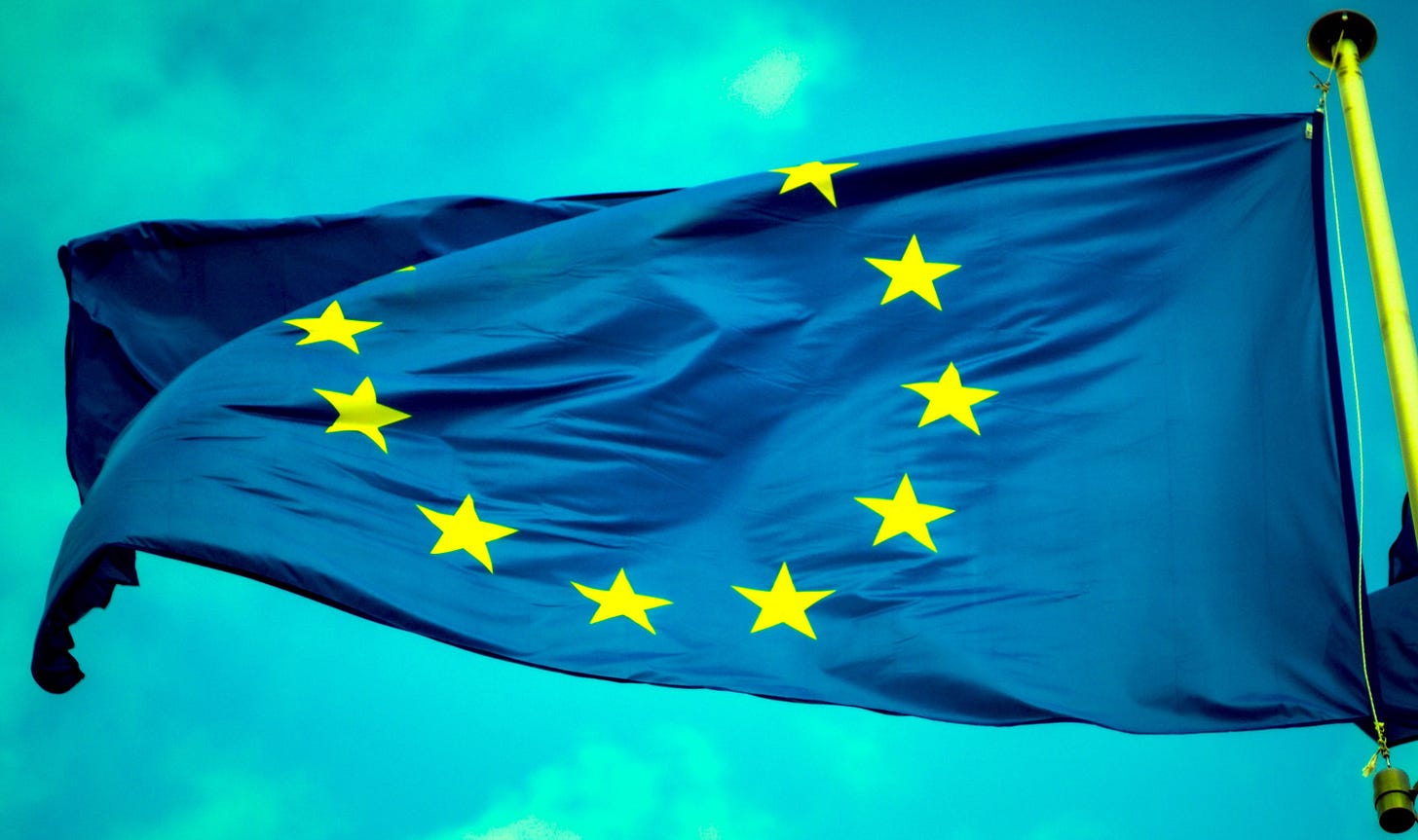Is Europe Finally Catching Up in AI?
Plus: What is happening in AI | Edition #240
👋 Hi everyone, Luiza Jarovsky here. Welcome to the 240th edition of my newsletter, trusted by more than 80,500 subscribers worldwide. It is great to have you here!
🎓 This is how I can support your learning and upskilling journey in AI:
Join my AI Governance Training [apply for a discounted seat here]
Strengthen your team's critical AI expertise with a group plan
Receive our job alerts for open roles in AI governance and privacy
Sign up for weekly educational resources in our Learning Center
Discover your next read in AI and beyond with our AI Book Club
🔥 Before we start, do not miss the most important AI developments this week, curated and commented on by me:
Another AI chatbot-related suicide: Juliana Peralta was 13 and committed suicide at the end of 2023. When the police found her phone in her bedroom, the Character AI app was open, revealing unsafe and manipulative conversations with the company's anthropomorphic AI characters, which ended in a devastating tragedy. Her family is now suing Character AI, and this case should serve as a warning to all parents.
European AI hype: The tragicomic clip of Ursula von der Leyen, the president of the European Commission, presenting the EU’s “AI first” strategy is all you need to watch today to understand what the European AI hype looks like (hint: only one person clapped). Watch the video and read my comments here. To learn more about the state of AI in Europe, read my essay below (available in full for paid subscribers).
‘Deep nude’ app banned in Italy: The Italian Data Protection Authority banned Clothoff, an app that generates ‘deep nude’ images of people, including minors (?!). According to the official release, the ban “was necessary due to the high risks these services can pose to fundamental rights and freedoms, particularly with regard to the protection of human dignity, privacy rights, and the protection of the personal data of those involved in these types of processing, especially those involving minors.” I sincerely do not understand why an app like this would be allowed anywhere, and I hope other data protection authorities worldwide will follow suit. Go, Italy!
New European LLM: The second major European open-source LLM is out. TildeOpen LLM is a 30-billion-parameter model optimized for European languages. According to the official announcement, the model presents superior efficiency compared to leading global models (smaller, faster, and more accessible), is fully compliant with the EU AI Act, and its data security is maintained within the EU infrastructure.
The slopification wave: In its first week, Sora’s growth rate surpassed that of ChatGPT. Sora is the new social feed launched by OpenAI last week, where people can create, remix, and share short AI-generated videos. Meta launched Vibes, a similar AI feed (which I have previously referred to as “the scrolling hell”). The slopification of the internet is officially here, and it is part of the second phase of the generative AI wave. If reading skills have declined in the past two decades, they will likely plummet in the next two.
AI chatbot safety: A new report highlights sexual exploitation, manipulation, and violence on Character AI kids’ accounts. Evidence is mounting (including numerous tragedies) that AI chatbots are unsafe for children. However, most countries have not done anything to address this growing AI-powered threat. What are the authorities waiting for? This must urgently change.
The challenges of human oversight: The European Data Protection Supervisor published a fascinating report on human oversight of automated decision-making, highlighting common flawed assumptions about it and proposing more effective human oversight mechanisms. It is a must-read to understand the EU AI Act’s provisions on the topic.
Becoming future-proof: As AI creates new uncertainties in the job market, learning to become future-proof becomes an essential skill. This week, I released Part 2 of a three-part series, where I discuss upskilling challenges for each seniority level. Paid subscribers can read it in full here.
Celebration 🎉: This newsletter has reached over 80,000 subscribers! It takes me many hours every week to track, curate, and dissect the latest AI developments, and many ask me what my secret trick is. There are two: first, I love doing it; second, I know how urgent it is to educate people and govern AI. Thank you for being part of this journey! Still, there is so much work ahead… Onward to 1,000,000!
Is Europe Finally Catching Up in AI?
This week, the European Commission launched two new initiatives to accelerate AI deployment in the EU:
The “Apply AI Strategy,” which aims to foster the use of AI in Europe’s key industries and the public sector; and
The “AI in Science Strategy,” which aims to position the EU as a hub for AI-driven scientific innovation.
These two initiatives are part of Europe's AI Continent Plan, announced earlier this year, in which Europe officially stated its commitment to becoming a global leader in AI.
The European strategy is based on five pillars: computing infrastructure, data, skills, the development and adoption of algorithms, and regulatory simplification. Among the initiatives recently launched are AI factories, the AI Act Service Desk, and others.
So, back to my initial question: with so many strategies, announcements, and launches, are there signs that Europe is finally catching up in AI?
Keep reading with a 7-day free trial
Subscribe to Luiza's Newsletter to keep reading this post and get 7 days of free access to the full post archives.



